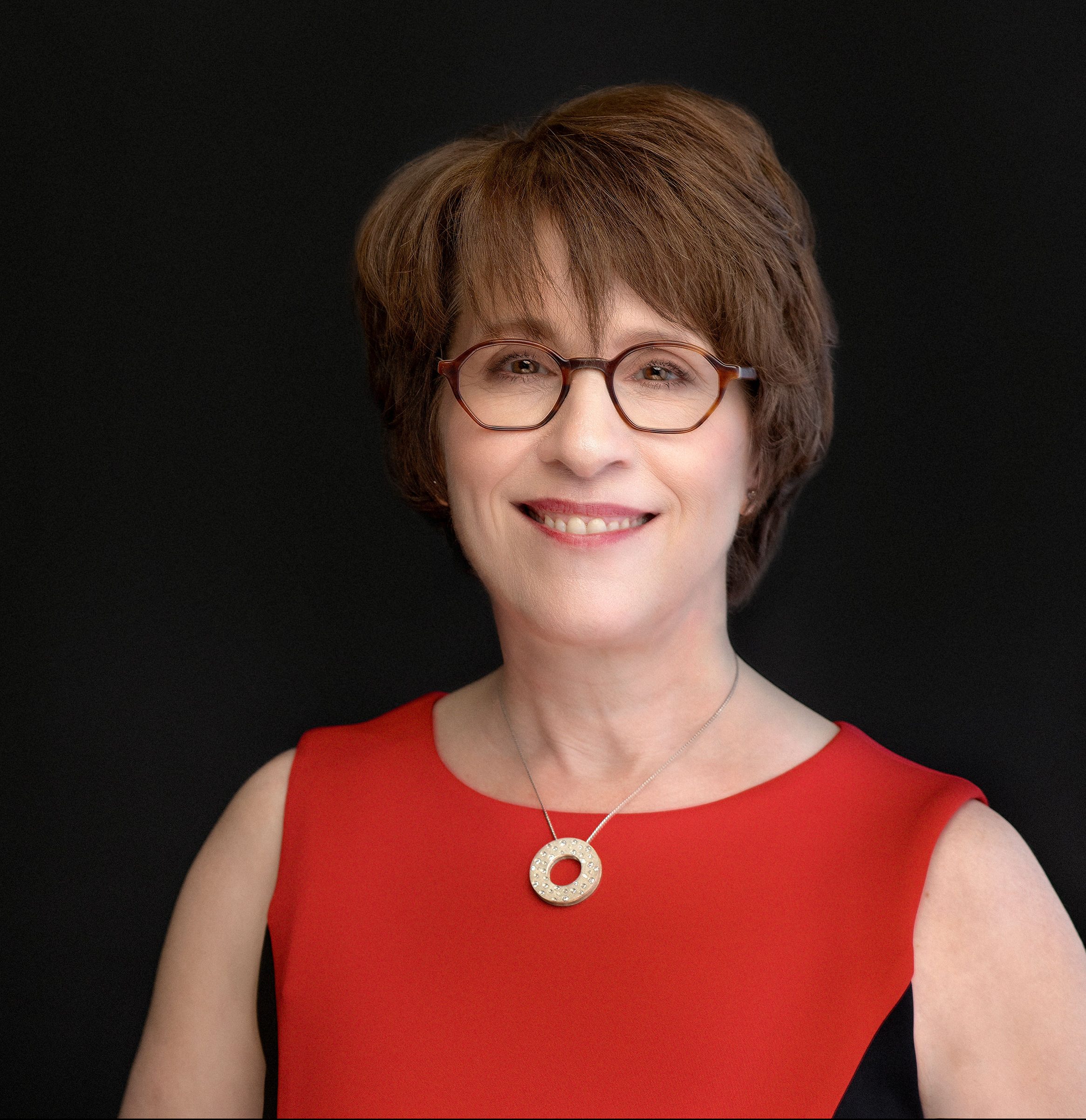


Philadelphia, PA
pronouns: She/HerI started coaching in 2009, and practiced law for over 20 years. I graduated from the College of Executive Coaching and am certified by the International Coach Federation. I was awarded a certificate of completion by Harvard University John F. Kennedy School of Government for the executive leadership program and also completed a year-long program with Leadership Philadelphia. I am certified to administer the Hogan Personality Inventory. I graduated from Temple University with a BA in English and from Temple University School of Law.
Lawyers represent about 80% of my practice, 15% CPAs, and 5% executives. I have lawyers in private practice and at all phases in their careers from newer lawyer to law firm chair. I also work with in-house attorneys at large and small organizations. And, I have clients in a variety of areas – patent and trademark, labor and employment, litigation, corporate, etc.
Every coaching engagement begins with an exploration of what the client wants to be, do, or have, as outcomes. From there, we look at data, which could include assessments the client already has or the Hogan Personality Inventory, which I administer and debrief with the client (that has a cost to it). We also look at feedback from supervisors to determine any areas of development. The client provides some history and information through a profile form I created and they complete. Using this information, we co-create a plan with action steps designed to implement the plan. In each conversation, we review what’s working, what’s challenging and what’s next. I ask clients to use a prep form and send it to me prior to our calls so I can get up to speed and they can make the most of our session. For goal setting, I use the SMART model because I want clients to be able to identify and measure what they accomplished in coaching. In the beginning, if the client is unsure about goals or how to use coaching, we address that as well.
I like clients to be open to learning new things, trying new ways, engaged in the process, prepared for our calls and to know what they’d like to work on and discuss. I also expect them to be on time for our sessions and give me 24 hours’ notice if they need to cancel (absent an emergency).
1. A big law associate came to coaching because her performance reviews consistently mentioned her low self-confidence. After working with me, her next performance review was replete with mentions of how she had progressed during the previous year, especially in confidence. According to the partners, she began to exhibit confidence in her work product and abilities as she took on more substantive roles in transactions and began exhibiting professional maturity that they did not see in the past. She also exhibited more confidence in social settings than other young associates. This resulted in the highest raise possible and a huge bonus.
2. A partner in a law practice came to me because she was struggling to find time to develop new business. She was not only a partner, but also a parent of teenagers. We worked on analyzing where her time was going and she realized that she said yes to things without evaluating their value to her or to the organization. She regularly spent time on unimportant, non-urgent matters. She tracked her time, worked to decrease interruptions and other time wasters, and stopped reviewing work product endlessly. After making changes, she was able to find the time she needed to implement a marketing plan. Having her own clients gave her professional independence. She used to feel insecure and now feels like a valuable contributor.
Commitment.
I charge by the month in order to fully support my clients. They get two coaching sessions (50 minutes each) and unlimited email access with brief phone calls between sessions as needed.